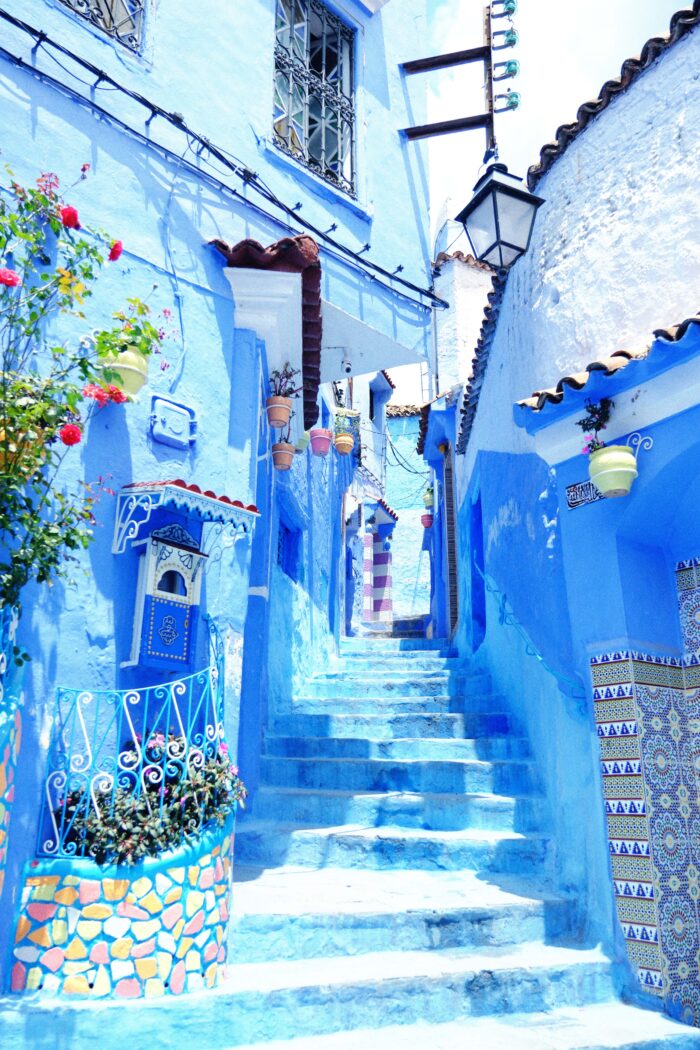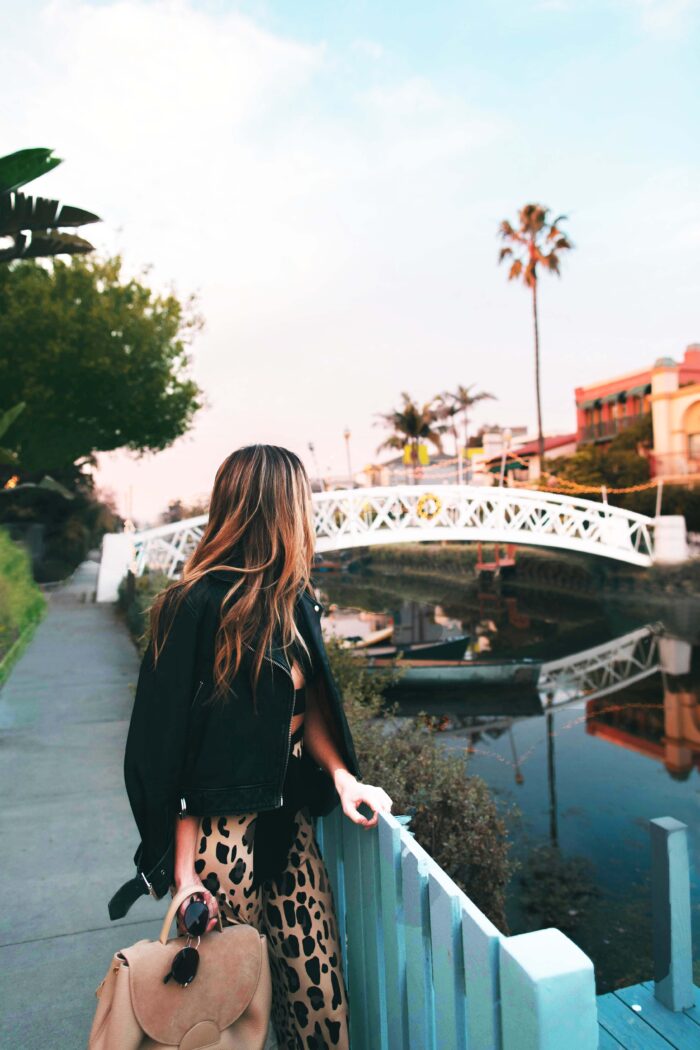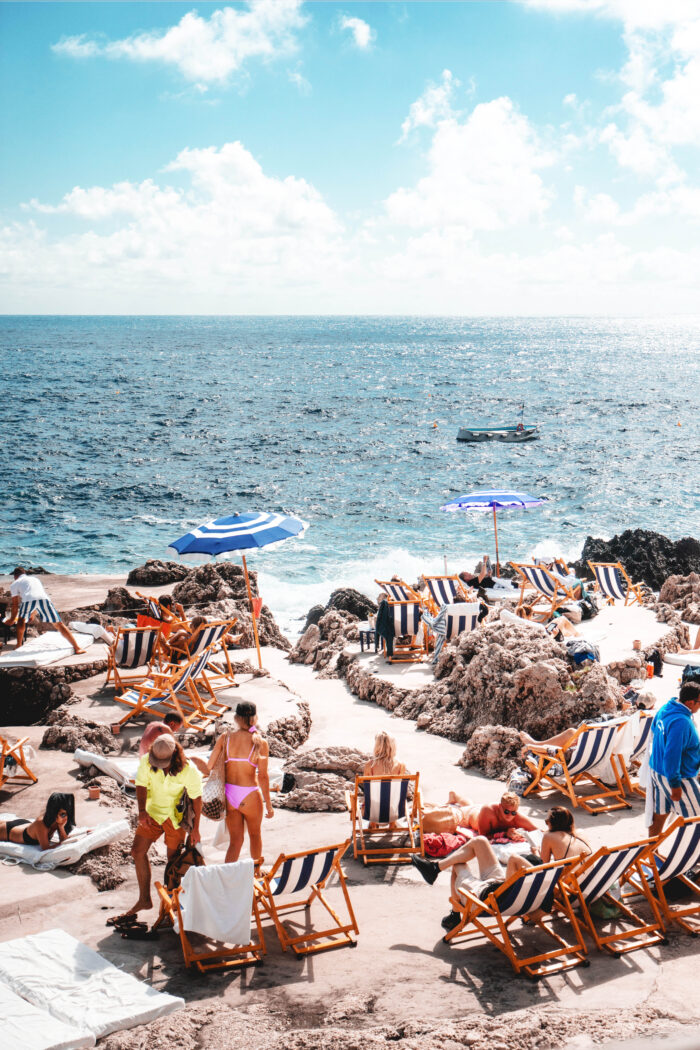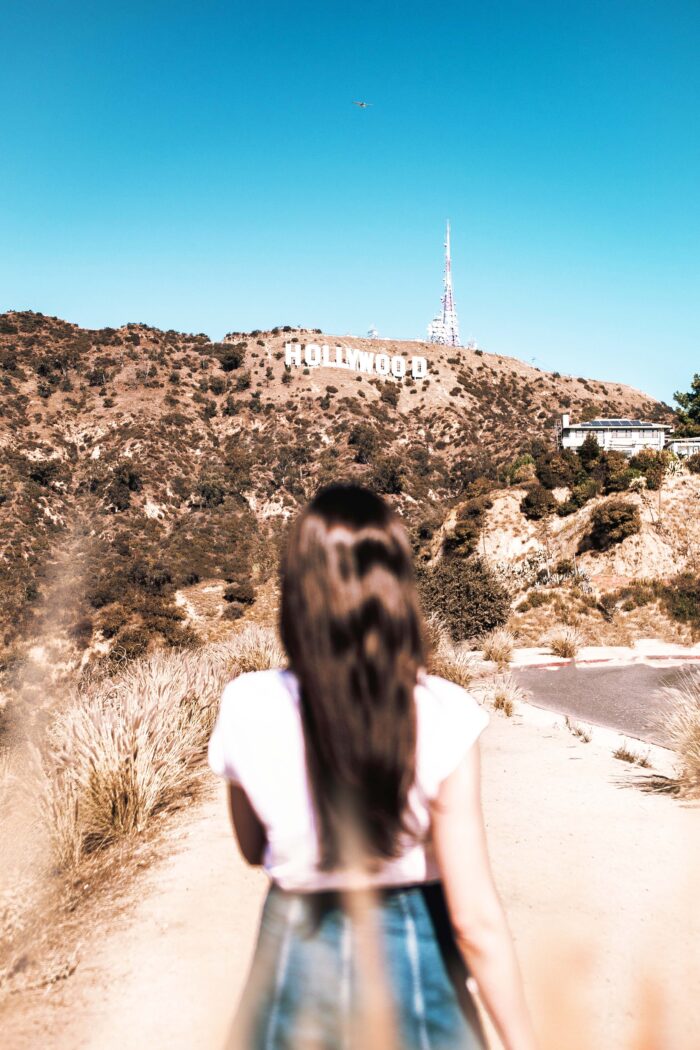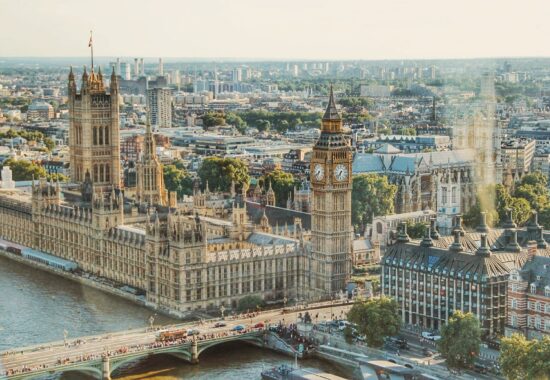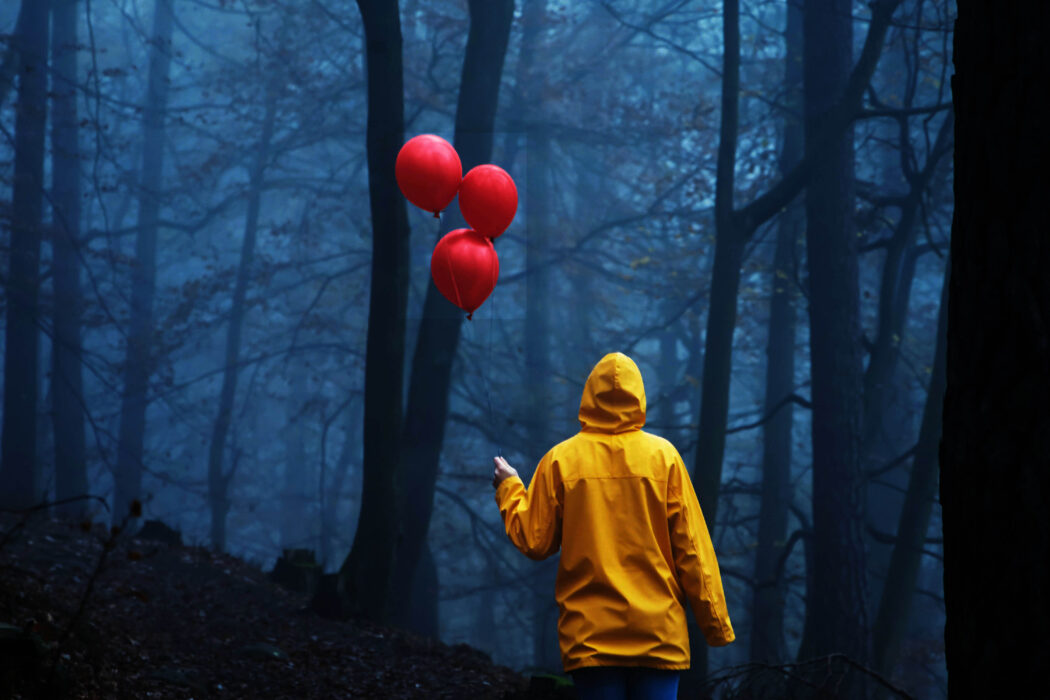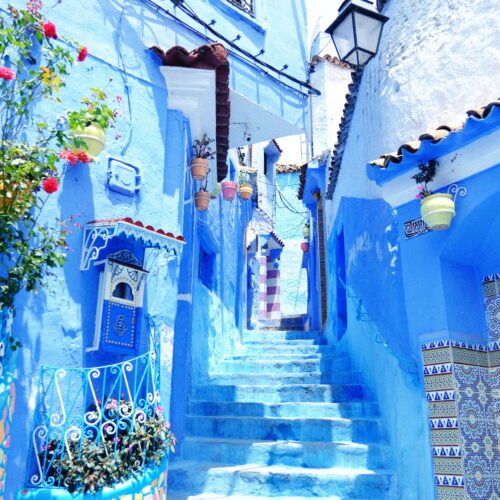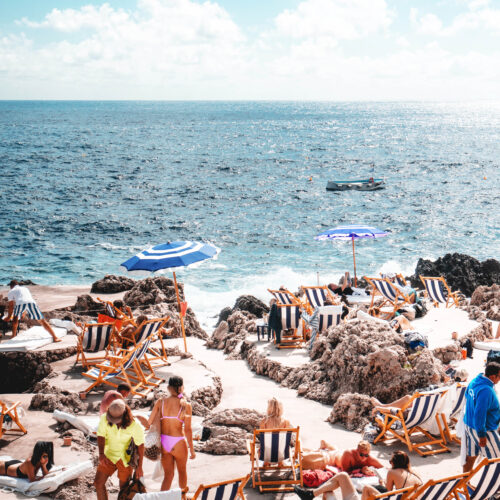Sipping in Petal Perfection: Crafting the Rose Clover Club Cocktail Satiate your tastebuds with refined elegance and delicate flavors with the Rose Clover Club Cocktail. A modern twist on the classic Clover Club, this enchanting libation introduces the floral notes of rose syrup to the harmonious ...
Rosy Reverie: This Clover Club Cocktail’s Flirtation with Roses
Discovering Chefchaouen: A Journey Through Morocco’s Blue City
Exploring Culture, Scenery, and Cuisine in the Heart of the Rif Mountains of Morocco Nestled amidst the rugged beauty of Morocco's Rif Mountains lies Chefchaouen, a mesmerizing gem renowned for its enchanting blue-washed streets and dubbed, "the Blue City" of Morocco. Its rich cultural tapestry ...
Venice Beach Canals: A Whimsical Oasis of Tranquility and Charm
Discover the Magic of Los Angeles - A Hidden Gem with Picturesque Canals, Quaint Bridges, and Charming Spaces Nestled in the heart of Los Angeles, the Venice Beach Canals are a serene and picturesque escape from the city's hustle and bustle. Lined with charming houses, crossed by arched bridges, ...
Batter Up: A Fish Fry Fiesta Frying Pan-demonium For Optimal Deliciousness
From Fryers to Fri-YAYs, Let's Dive into the Deep End of Deliciousness Gather around the sizzle of hot oil and the tantalizing aroma of golden-brown perfection, for the quintessential summer tradition is upon us—the beloved fish fry complete with sunshine and friends-- a shared culinary delight, a ...
Island Hopping: 8 Italian Islands That’ll Make You Say ‘Mamma Mia’
Discover the Isles of Italy Where Nature, Beaches and some Mama Mia! Make for Island Hopping Adventures! Italy is known for its vibrant culture and breathtaking landscapes, and while many visitors flock to the famous cities of Rome, Florence, and Venice, there are spectacular Italian islands that ...
- 1
- 2
- 3
- …
- 128
- Next Page »

